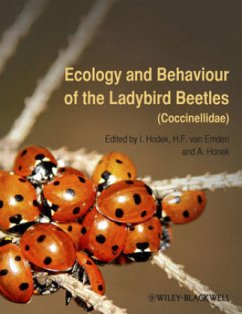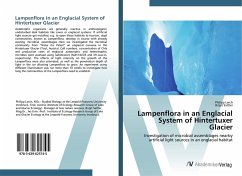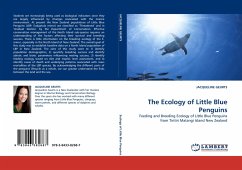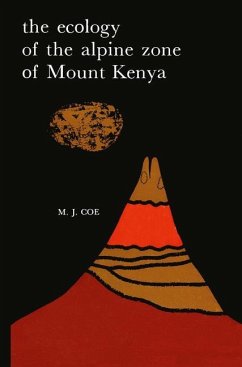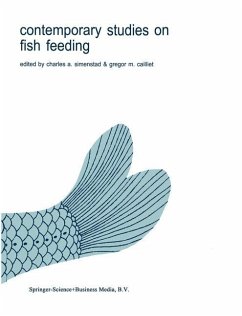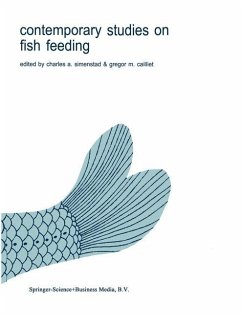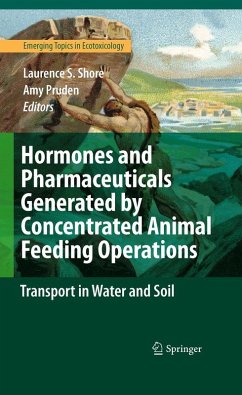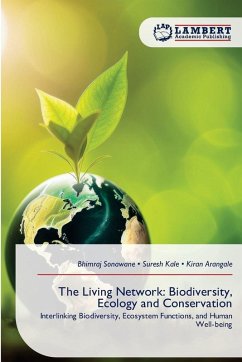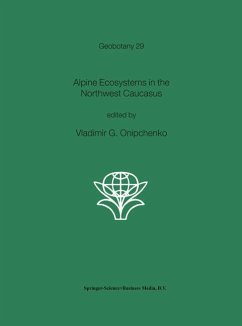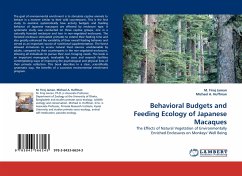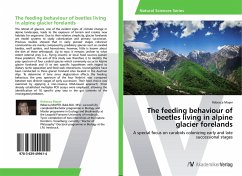
The feeding behaviour of beetles living in alpine glacier forelands
A special focus on carabids colonizing early and late successional stages
Versandkostenfrei!
Versandfertig in 6-10 Tagen
22,99 €
inkl. MwSt.

PAYBACK Punkte
11 °P sammeln!
The retreat of glaciers, one of the evident signs of climate change in alpine landscapes, leads to the exposure of terrain and creates new habitats for organisms. Due to their relative simplicity, glacier forelands are model systems to study colonization and primary succession. Previous studies showed that in early pioneer stages coloniser communities are mainly composed by predatory species such as carabid beetles, wolf spiders, and harvestmen, however, little is known about the diet of these arthropods. Up to now, it remains unclear to what extent external prey (i.e., flying insects) or loca...
The retreat of glaciers, one of the evident signs of climate change in alpine landscapes, leads to the exposure of terrain and creates new habitats for organisms. Due to their relative simplicity, glacier forelands are model systems to study colonization and primary succession. Previous studies showed that in early pioneer stages coloniser communities are mainly composed by predatory species such as carabid beetles, wolf spiders, and harvestmen, however, little is known about the diet of these arthropods. Up to now, it remains unclear to what extent external prey (i.e., flying insects) or local food sources sustain these predators. The aim of this study was therefore i) to identify the prey spectrum of four carabid species which commonly occur in Alpine glacier forelands and ii) to test specific hypotheses with regard to dietary niche separation and food web interactions. Investigations have been conducted in three glacier foreland sites located in the Austrian Alps. To determineif time since deglaciation affects the feeding behaviour, the prey spectrum of the four Nebriini was compared between two distinct stages of early succession. Their food choice was examined by applying a non-invasive DNA-based approach; three already established multiplex PCR assays were employed, allowing the identification of 18 specific prey taxa in the gut contents of the investigated predators.



